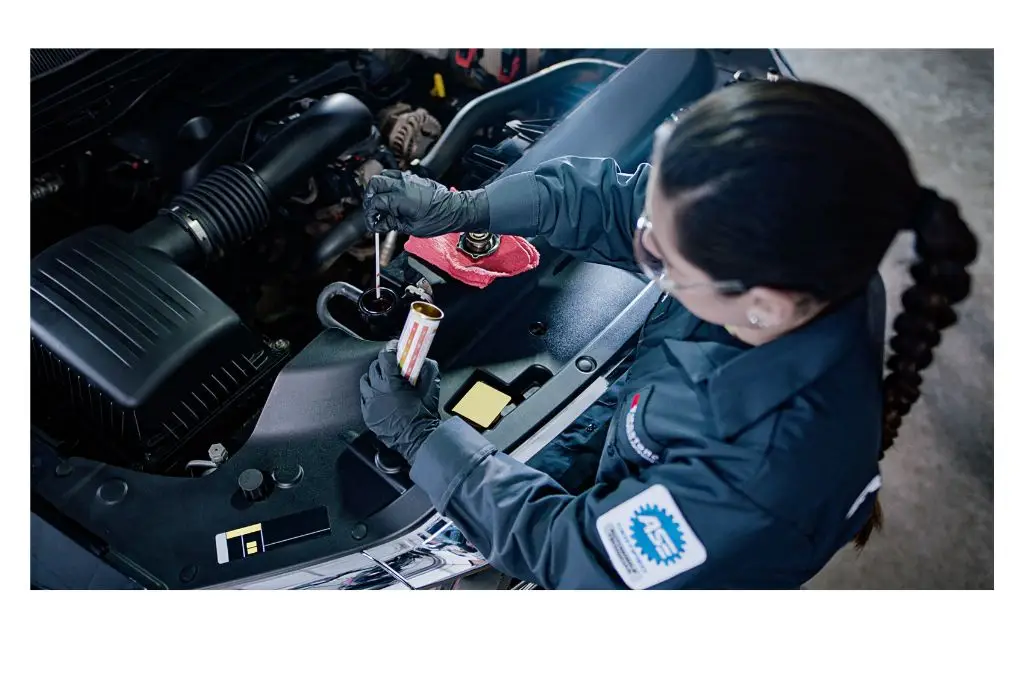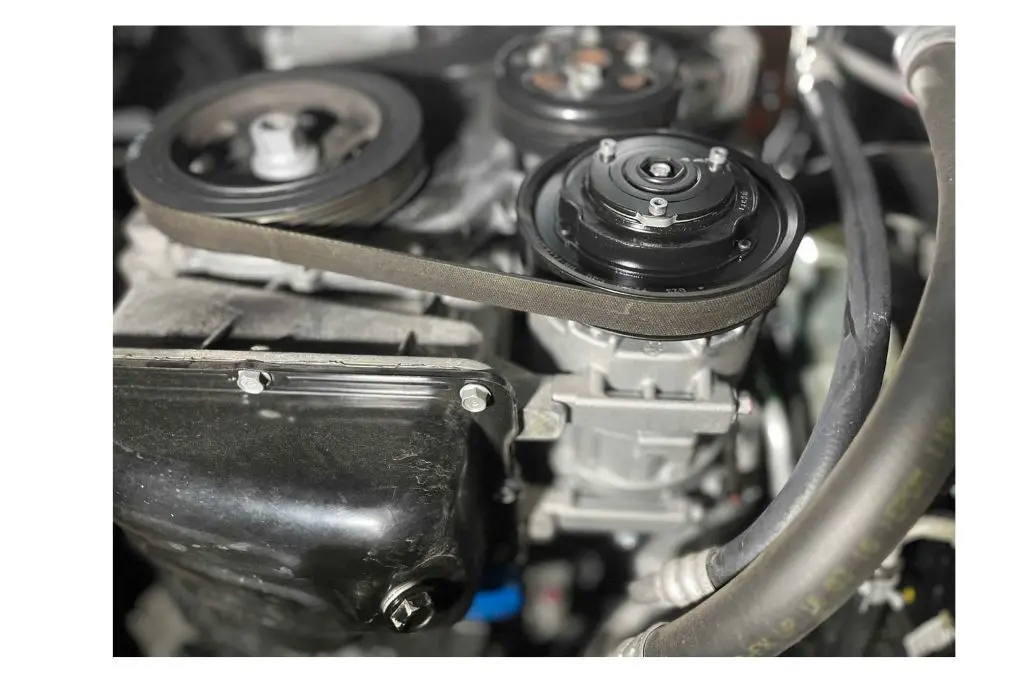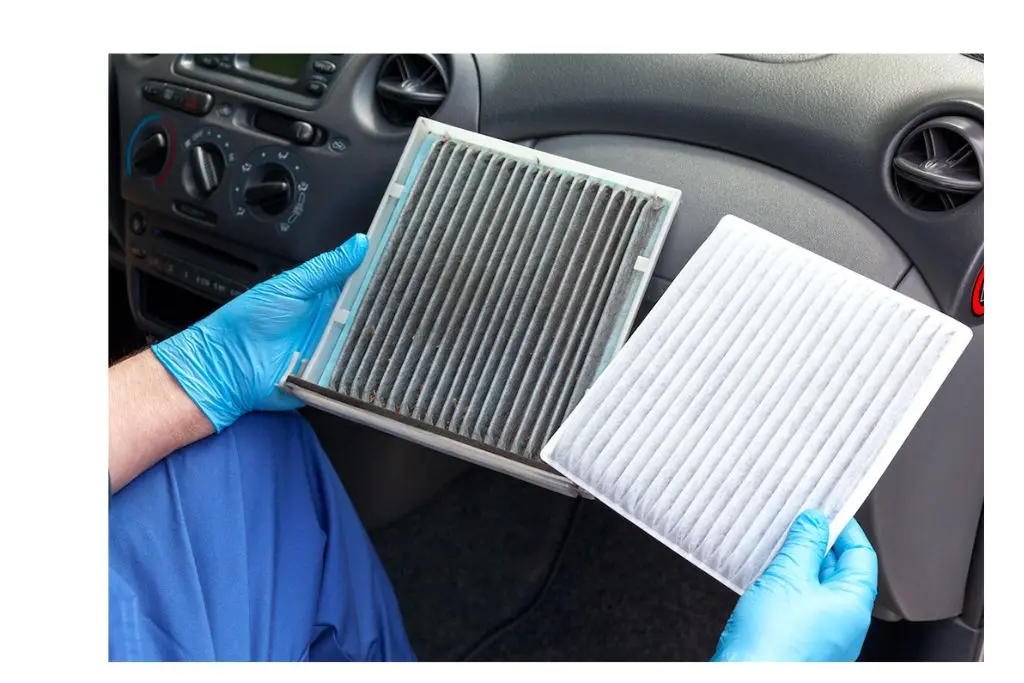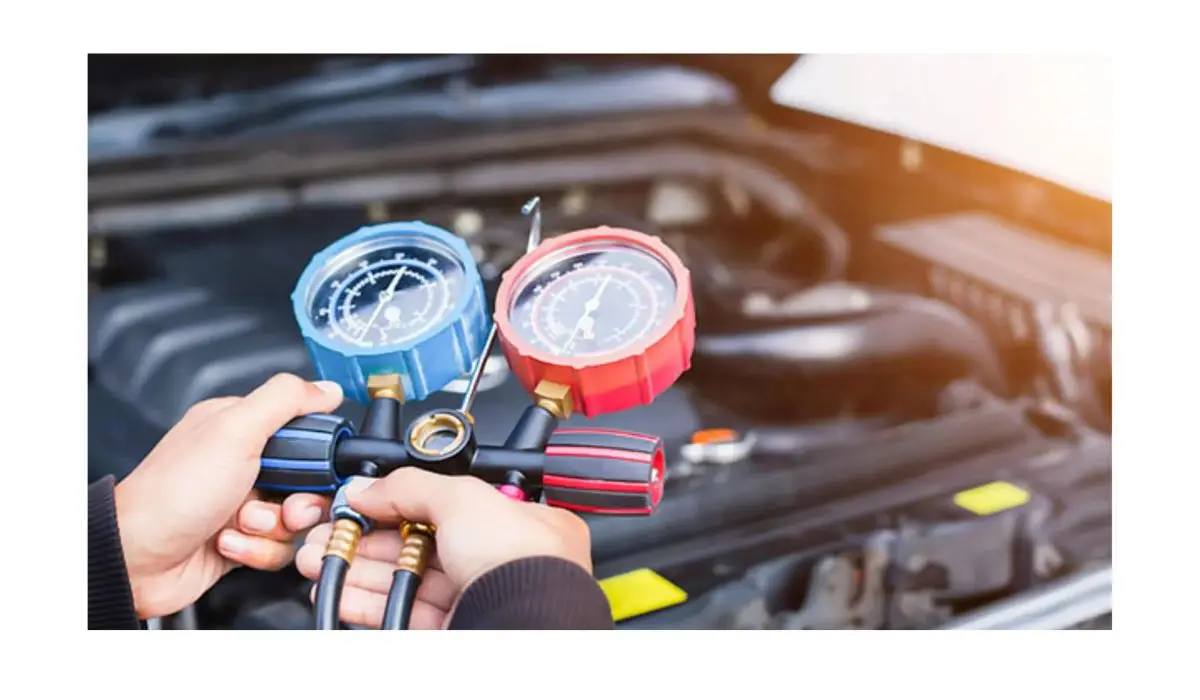Car air conditioner repair involves diagnosing issues and fixing components like compressors, refrigerants, or evaporators. Regular maintenance ensures optimal performance and longevity.

A well-functioning car air conditioner is essential for comfort, especially during hot weather. Understanding common problems and their fixes can save time and money. Regular maintenance includes checking refrigerant levels, inspecting belts and hoses, and ensuring the compressor works correctly.
Timely repairs prevent minor issues from becoming costly repairs. Whether it’s a refrigerant leak or a faulty compressor, knowing how to diagnose and address these problems is crucial. This guide provides clear steps to maintain and repair your car’s air conditioner, ensuring it runs smoothly and efficiently. Regular upkeep improves comfort and extends the life of your vehicle’s AC system.
Common Car Air Conditioner Problems
Car air conditioners are crucial for comfort during hot weather. Yet, they often face issues. Knowing common problems helps in timely repairs. This guide covers these problems in detail.
Leaking Refrigerant
Leaking refrigerant is a common car AC issue. Refrigerant is the fluid that cools the air. When it leaks, the AC can’t cool the car. Leaks often happen due to worn-out seals or hoses. They also occur from punctured lines. Here are some signs of leaking refrigerant:
- Weak airflow from the vents
- Hissing sounds when the AC is on
- Oil stains around AC fittings or hoses
Fixing a refrigerant leak involves finding the leak and sealing it. This may require professional help. Sometimes, the entire AC system needs a recharge. Regular maintenance can prevent leaks. Always check seals and hoses for wear and tear.

Faulty Compressor
The compressor is the heart of the car’s AC system. It pumps refrigerant and keeps the air cool. When it fails, the AC can’t function. A faulty compressor may make strange noises. It can also cause the AC to blow warm air. Here are some signs of a defective compressor:
- Loud noises when the AC is on
- AC not blowing cold air
- AC system turning on and off frequently
Repairing a faulty compressor often requires replacing it. This is because it’s a complex and vital part. Regular use without maintenance can wear it out. Ensure regular checks to keep the compressor in good shape.

Clogged Air Filters
Air filters keep dust and debris out of the AC system. When filters get clogged, airflow reduces. This makes the AC less effective. It can also put a strain on the compressor. Here are signs of clogged air filters:
- Weak or reduced airflow from vents
- Unpleasant odors from the AC
- Increased fuel consumption
Cleaning or replacing air filters is a simple fix. It’s usually done during regular maintenance. Clean filters ensure the AC works efficiently. Check and clean filters every few months to avoid clogs.
Signs That Your Car Air Conditioner Needs Repair
Car air conditioners are essential for a comfortable ride, especially during hot weather. Recognizing the signs that your car’s air conditioner needs repair can save you time and money. Weak airflow, strange odors, and unusual noises are common signs that indicate problems. Understanding these signs can help you get timely repairs and cool your car.
Weak Airflow
Weak airflow from your car’s air conditioner can make your ride uncomfortable. It often means there’s a blockage or a problem with the fan. Common causes of weak airflow include:
- Clogged air filters
- Blocked vents
- Faulty blower motor
Clogged air filters prevent air from flowing freely. This can happen if the filters are dirty or old. Replacing them can solve the problem. Blocked vents can also reduce airflow. Check for any obstructions like leaves or debris. A faulty blower motor can cause weak airflow too. If the motor is not working properly, it can’t push air through the vents. Regular maintenance can help prevent these issues.
Strange Odors
Strange odors from your car’s air conditioner can be unpleasant. They often indicate mold or mildew in the system. Common causes of strange odors include:
- Mold growth
- Dirty air filters
- Leaking refrigerant
Mold growth is a common cause of bad smells. It happens when moisture accumulates in the system. Cleaning the system can remove mold and freshen the air. Dirty air filters can also produce bad smells. Replacing them can make a big difference. Leaking refrigerant can cause chemical odors. If you smell chemicals, it’s important to get the system checked by a professional.
Unusual Noises
Unusual noises from your car’s air conditioner can be alarming. They often indicate mechanical problems. Common causes of unusual noises include:
- Loose parts
- Faulty compressor
- Debris in the system
Loose parts can create rattling or banging sounds. Tightening or replacing these parts can fix the noise. A faulty compressor can make hissing or grinding noises. The compressor is a key part of the air conditioning system. If it’s faulty, it needs to be repaired or replaced. Debris in the system can also cause unusual noises. Clearing out the debris can solve the problem.
Steps To Troubleshoot Car Air Conditioner Issues
Car air conditioner repair is essential to keep your car cool. It can be a hassle when the AC stops working. This guide will help you troubleshoot your car’s air conditioner. Follow these steps to fix common issues.
Check For Refrigerant Leaks
Refrigerant is crucial for your car’s AC. A leak can cause the AC to stop cooling. Start by checking the refrigerant level. Use a gauge to measure it. If the level is low, there might be a leak. Look for oily spots on AC components. These spots can indicate a leak. Check the hoses and connections. These are common places for leaks.
Here are signs of a refrigerant leak:
- Hissing sound: This can mean the refrigerant is escaping.
- Oily residue: This can show where the leak is.
- Low cooling: The AC doesn’t cool well if the refrigerant is low.
Fixing a refrigerant leak can be tricky. You might need a professional to help. If you find a small leak, you can use a sealant. This can be a temporary fix. Always wear gloves and safety glasses when working with refrigerant.
Inspect The Compressor
The compressor is the heart of the AC system. It pumps refrigerant through the system. If the compressor fails, the AC won’t work. Start by checking the compressor clutch. The clutch engages when the AC is on. If it doesn’t engage, the compressor might be bad.
Check the following:
- Power supply: Make sure the compressor is getting power.
- Compressor clutch: See if it engages when the AC is on.
- Strange noises: Listen for loud or grinding sounds.
If the clutch isn’t engaging, check the AC relay. The relay sends power to the compressor. A bad relay can stop the compressor from working. Replacing the relay is simple. If the compressor is noisy or doesn’t work, it might need to be replaced. This is a job for a professional mechanic.
Clean Or Replace Air Filters
Air filters keep the air clean inside your car. Dirty filters can block airflow. This can make the AC less effective. Locate the air filter in your car. It’s usually behind the glove box. Remove the filter and check its condition. If it’s dirty, clean it or replace it.
Steps to clean or replace the air filter:
- Open the glove box and remove it.
- Locate the air filter housing.
- Open the housing and take out the filter.
- Check the filter for dirt and debris.
- Clean the filter if it’s reusable. Replace it if it’s disposable.
Clean filters improve airflow and cooling. Make sure to check the filters regularly. A clean filter helps the AC work better. It also improves the air quality inside your car.
Tips For Diy Car Air Conditioner Repair
Car air conditioners make driving comfortable during hot days. Sometimes, these systems break down and need fixing. This guide offers tips for DIY car air conditioner repair. Learn how to stay safe, gather tools, and follow steps to fix your car’s air conditioner.
Safety Precautions
Safety is the most important step in any DIY repair. Always protect yourself and your car. Here are some key safety tips:
- Wear gloves to protect your hands from sharp parts.
- Use safety glasses to shield your eyes from debris.
- Work in a well-ventilated area to avoid inhaling fumes.
- Keep a fire extinguisher nearby in case of emergencies.
- Disconnect the battery before starting any repair to avoid electric shocks.
Taking these precautions will help you avoid accidents and injuries. Safety first makes the repair process smoother and more enjoyable. Always double-check your safety measures before starting.
Tools Needed
Having the right tools repairs easier and faster. Here are the essential tools you need:
- Screwdrivers (Phillips and flat-head)
- Wrenches (various sizes)
- Pliers (needle-nose and regular)
- AC gauge set to measure pressure
- Refrigerant (as specified for your car)
- A leak detector to find any leaks in the system
Having these tools on hand ensures you can handle most repair tasks. It’s important to use the correct tools for each step. This prevents damage to your car and ensures a successful repair.
Step-by-step Instructions
Follow these steps to repair your car’s air conditioner:
- Check the AC fuse: Locate the fuse box and inspect the AC fuse. Replace if needed.
- Inspect the compressor: Ensure the compressor is working. Listen for any unusual noises.
- Check for leaks: Use the leak detector to find any refrigerant leaks. Seal any detected leaks.
- Recharge the refrigerant: Connect the AC gauge set. Add refrigerant to the correct level.
- Test the system: Start the car and turn on the AC. Check if cold air is coming out.
These steps will help you fix the most common AC problems. Always refer to your car’s manual for specific instructions. Each car might have different requirements and steps.
Also Read:
| Is Hyundai a Good Car? Unveiling the Truth Behind the Brand |
| Car Shakes When Accelerating? Quick Fixes to Try Now! |
| How Much Does It Cost to Wrap a Car: Unwrap the Price! 2024 |
Frequently Asked Questions On Car Air Conditioner Repair
Why Is My Car AC not Cooling?
A faulty compressor, refrigerant leak, or clogged condenser can prevent your car AC from cooling effectively.
How Often Should I Service My Car Ac?
Service your car AC annually to maintain optimal performance and catch any potential issues early.
What Are Common Car AC Problems?
Common issues include refrigerant leaks, compressor failures, and electrical faults affecting the cooling system.
Can I Recharge My Car AC myself?
Yes, but it’s best to have a professional do it to ensure proper handling and avoid damage.
Conclusion
Keeping your car’s air conditioner in top shape is crucial for comfort. Regular maintenance prevents costly repairs. Use this guide to troubleshoot and fix common issues. Enjoy a cool, pleasant ride all year round. Stay proactive, and your car will thank you with reliable performance.
Safe travels and happy driving!
Last Updated on June 21, 2024 by Brian Beasley

